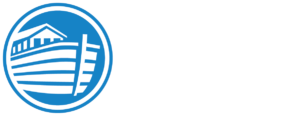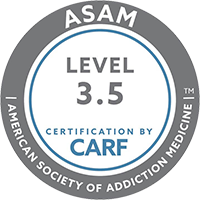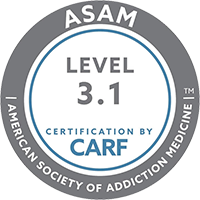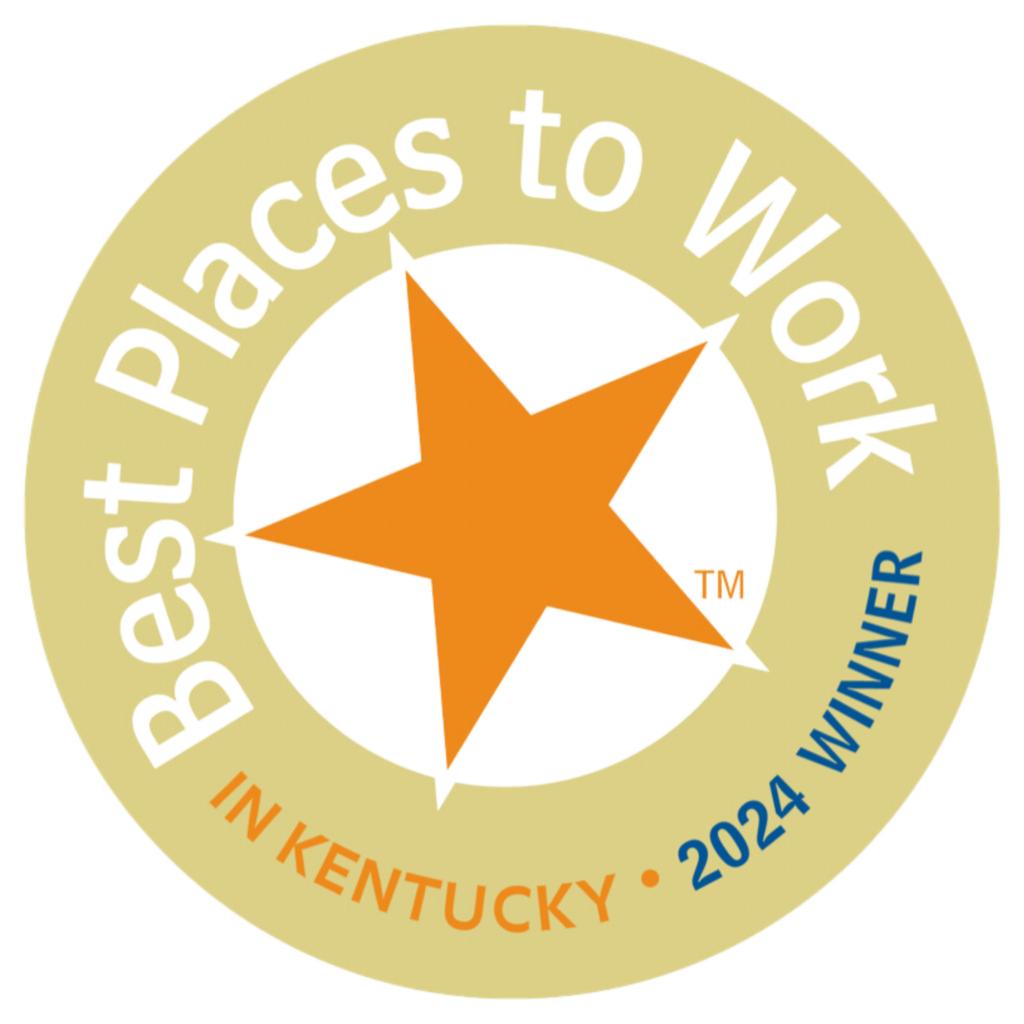
This article was originally published in the Spring 2024 issue of Living Recovery. To view the full issue click here.
Did you know approximately 16% of working-age individuals lack a high school diploma in Kentucky? The number increases east of I-75, where roughly 24% of the population faces this significant workforce barrier. However, amidst these challenges, ARC stands as a center of hope — offering a pathway from Crisis to Career™ that begins with education.
When individuals enter the doors of ARC seeking help for addiction, they are met with a holistic approach that recognizes the important role education plays in breaking the cycle of substance abuse. As part of their comprehensive treatment program, ARC places a strong emphasis on education, recognizing it as a fundamental component of long-term recovery and empowerment.
“There are few events that happen at ARC that make us more excited than to have individuals achieve their GED,” said Pat Fogarty, ARC Healthcare’s Chief Operating Officer and General Manager of Behavioral Health. “This is by no means an easy process, and we applaud those who seek a path of self-determination.” After phase one of treatment, ARC helps clients enroll in a GED program through a local adult education provider — which is part of the Kentucky Educational Development Corporation. Each of ARC’s centers has a close relationship with representatives from nearby adult education programs to assist clients.
“It’s not only changing the life of that person, but for generations to come,” said Sarah Simpson, the lead instructor of Lawrence County Adult Education. Clients begin the GED program by taking a basic test to assess their education foundation, and from there, they are guided to their next steps. “Some students knock the test out of the park and can receive their GED within a week. Others may need a bit of work here and there to be ready for the GED,” said Simpson.
Instructions, practice tests, and testing are free if you are a student with any Kentucky Adult Education program. “The only thing it costs you is your time and effort,” said Simpson. Clients must pass four GED subject areas — including reasoning through language arts, social studies, science and math. Once clients pass the practice test, they can take the official exam.
“It’s amazing to see people not only achieve that certificate but to start believing in themselves,” said Simpson. “I’ve had students tell me they’ve had teachers in the past tell them they’re ‘idiots.’ This is a second chance for them to realize they can achieve success.” Simpson has worked with people in recovery for more than a decade. She sees recovery and education as having similarities, as they both break the cycle of feeling inferior. “When I started working with people in recovery and hearing what they’ve overcome, my perspective shifted, and I’m rooting for them,” she said. “You can’t judge a book by the cover.”
“Receiving a GED is just the beginning of opportunities for ARC clients. It opens the door for clients to be able to apply for internships through ARC and explore future career opportunities,” said Brianna Muncy, ARC’s Vice President of Operations. Since 2020, some 204 ARC clients have received their GEDs, putting them on the path to postsecondary education — and a brand new world of opportunities.





